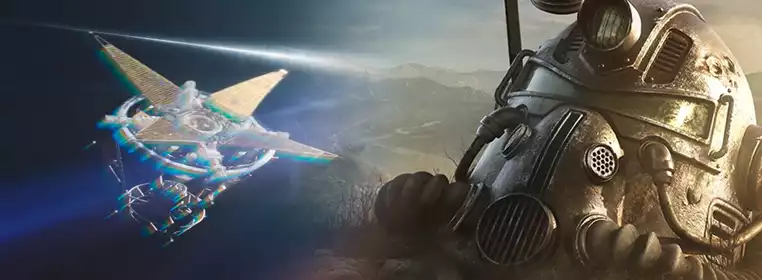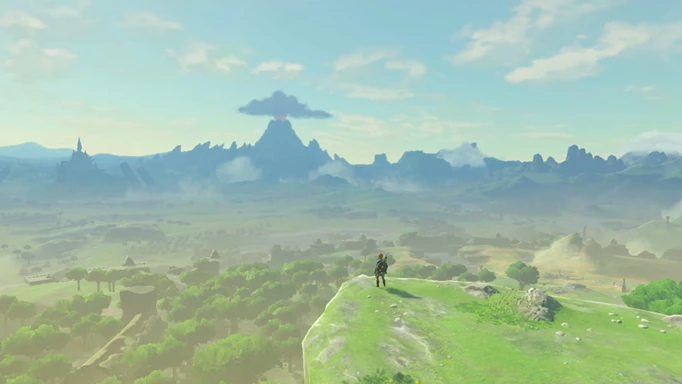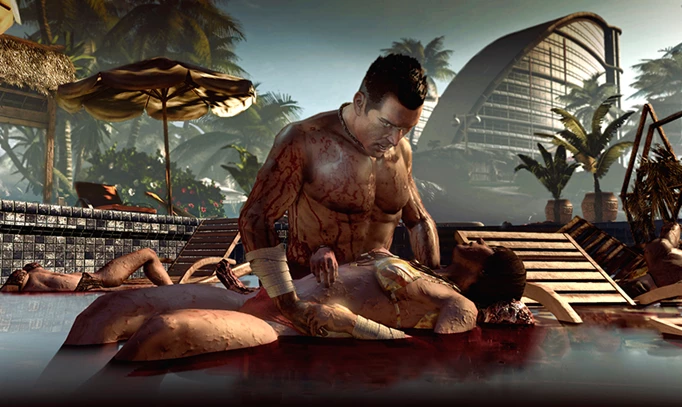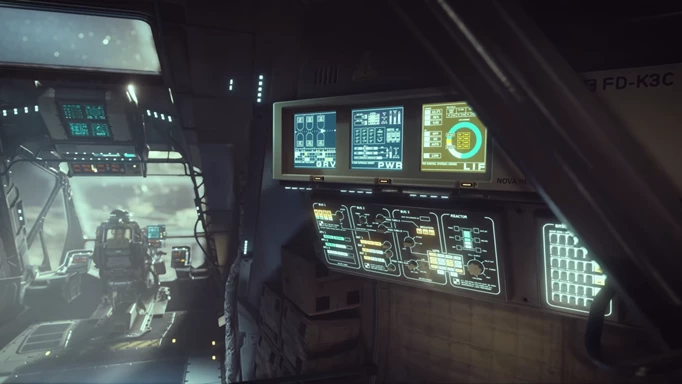Are Open Worlds Getting Too Big?

Open worlds have grown crucial in video games.
As hardware has developed and developers have grown more ambitious over the years, games are naturally getting bigger and bigger - and this has translated into a playground that would be impossible to imagine in the Super Mario Bros days.
Huge sprawling vistas with seemingly limitless possibilities, with every corner completely explorable to the player have become tradition in AAA games now, and unless you're a part of the Call of Duty or FIFA series, your game gives you the chance to really explore. And it's worked nicely - some of the greatest games ever made take place in a bold open area for players to explore. But, something's starting to give.
Open worlds are now so ten-a-penny, that developers seem to be trying to outdo each other in any way they can in order to stand out. And it's leaving games to a detriment. Developers are putting making a good game on the shelf in favour of building a game that you could technically run around in for the rest of your life - and their games are suffering as a result.
Open Worlds Are Setting The Standard In Video Games

 Click to enlarge
Click to enlargeSome of the greatest games in the world are defined by the landscapes that they're set in. take Fallout: New Vegas' Mojave, or Breath of the Wild's Hyrule - the huge areas facilitate complete exploration with intricate environmental storytelling that make them feel truly lived in. It's no surprise that developers have thought that open worlds are the missing link for their games, then, as a feeling of true exploration is incredibly tough to beat.
It's been proven to be incredibly memorable very recently with the launch of Elden Ring, asserting that the FromSoftware formula can adapt to the wide-open hellmouth that is The Lands Between, and Marvel's Miles Morales offering a festive return to New York City that made the location that we'd already seen in its predecessor feel fresh and exciting.
But, there's a negative effect of so many successful open worlds, and that's developers thinking that the open world in itself is the selling point. And we've become inundated with worlds that are simply underwhelming. And the open world in concept is suffering.
How Many Boring Worlds Have You Played?

 Click to enlarge
Click to enlargeSadly, as open worlds spread out into the norm in video games, every great in-game universe comes with an equally boring one. Take for instance Dead Island, a game that made huge promises as a multiplayer title with zombies running rampant across a resort island with the sun beating down, but what we got was a dull experience that could have been saved if its world wasn't so hollow and unforgettable. But it's not just lack of trying that makes sees the open world fail - it's ambition in the wrong areas.
Games now, as they veer inexorably towards a £70 price point, find the need to prove themselves massively, especially when even dedicated fans were sceptical about shelling out £50 for Metroid Dread because its 2D presentation made it seem "not enough." It seems that play time is a big part of how games are selling themselves nowadays, trying to prove that when the game is picked apart for all it is worth, you'll at least get 60 hours out of it. But they kinda need to be fun for players to actually engage with this.
Dying Light 2 is a strong example of this. While it was able to keep players engaged for the length of its campaign, the world isn't particularly riveting, and isn't inviting to players interested in continuing to play after the credits rolled. And when Techland themselves stated that to get the "full experience" players would need to sink "at least" 500 hours into it, it's not a good look. The world is big and expansive, sure, but the detail simply isn't there. The game's open world predecessors succeeded because the worlds felt alive even in its most static moments, and even though much of Skyrim's environmental storytelling was skeletons with scrolls in their balled fists, it at least offered more to pay attention to than Dying Light 2 did.
It seems that more and more, games are focussed on creating big and expansive experiences more than they are making compelling, intriguing ones. Sadly, many games choose one or another - but some are lucky and get to double up.
Open Worlds Are Hit Or Miss - But Massively Welcome

 Click to enlarge
Click to enlargeThere may well be a focus on making "big" games, but equally, it seems that developers aren't entirely letting the dream of a huge immersive world take down the dreams of creating a game that captures player's imaginations. Though we've seen some duds recently, that doesn't mean that the open world in concept is flawed - it just needs a lot more love and attention than it's typically offered.
Now that we've got Starfield, Breath of the Wild, and God of War: Ragnarok on the way, we've got some potentially bold landscapes to traverse, and they could yet reinvent the in-game feature forever. Let's just hope we don't have a bunch of crap to wade through to get there.
